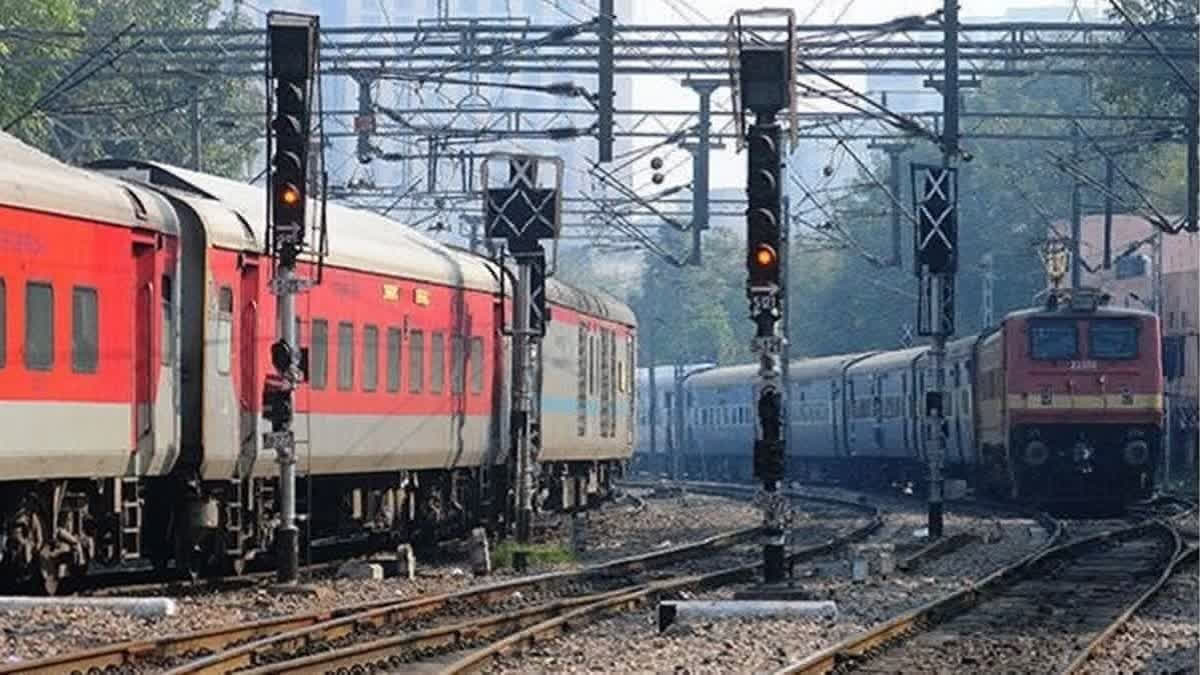New Delhi: Various safety measures taken by the Indian Railways have helped to reduce the number of accidents which has recorded a decline from 135 in 2014-15 to 40 in 2023-24, and train accidents happened 1711 in 2004-14 which was an average 171 per annum that has declined to 678 in the period of 2014-24 which is average 68 per annum.
Another data showing improved safety in train operations is Accidents Per Million Train Kilometer (APMTKM) which has reduced from 0.11 in 2014-15 to 0.03 in 2023-24 indicating an improvement of around 73 per cent during this period, Union Railway Minister Ashwini Vaishnaw informed.
In the 1711 train accidents, 904 deaths occurred while 3155 persons sustained injuries in the period of 2004 to 14. It has declined in 678 accidents, deaths were reported 748 and injured 2087 persons in the period of 2014 to 24, as per Lok Sabha data.
Indian Railways has taken various safety measures to enhance security during train operations.
Electrical and Electronic Interlocking:
These interlocking Systems with the centralised operation of points and signals have been provided at 6,608 stations up to October 31 this year to reduce accidents due to human failure.
Interlocking of Level Crossing:
The LC gates have been provided at 11,053 level Crossing Gates up to October 31 this year to enhance safety at these gates. Complete Track Circuiting of stations to enhance safety by verification of track occupancy by electrical means has been provided at 6,619 stations up to October 3.
Kavach 4.0:
Kavach is a highly technology-intensive system, which requires safety certification of the highest order. It was adopted as a National ATP system in July 2020. Kavach is provided progressively in a phased manner. Kavach version 4.0 covers all the major features required for the diverse railway network. It has already been deployed on 1548 RKm on the South Central Railway and North Central Railway. Presently, the work is in progress on the Delhi–Mumbai and Delhi–Howrah corridors (approximately 3000 Route km).
Vigilance Control Devices (VCD):
All locomotives are equipped with VCD to improve alertness of Loco Pilots. Retro-reflective sigma boards are provided on the mast which is located two Overhead Equipment (OHE) masts prior to the signals in electrified territories to alert the crew about the signal ahead when visibility is low due to foggy weather.
Fog Safety Device:
The GPS-based Fog Safety Device (FSD) is provided to loco pilots in fog-affected areas which enables loco pilots to know the distance of the approaching landmarks like signals, and level crossing gates.
Ultrasonic Flaw Detection:
USFD testing of rails is being used to detect flaws and timely removal of defective rails, and monitoring of track geometry by Oscillation Monitoring System (OMS) and Track Recording Cars (TRC).



